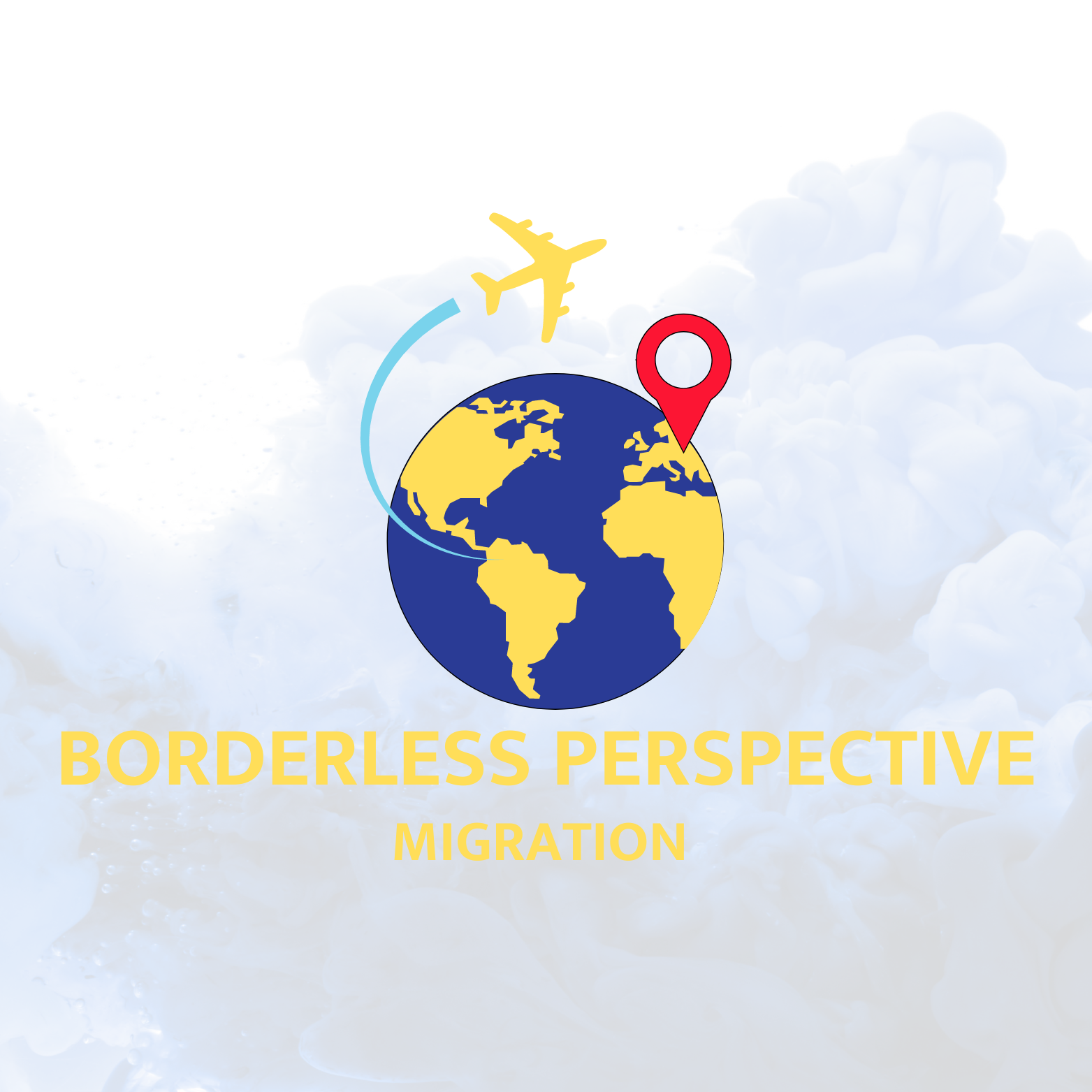
The private sector plays a crucial role in supporting migrant workers and creating employment opportunities for them. Recognizing the importance of migrant workforce support and labor rights, the International Organization for Migration (IOM) has developed the Ethical Recruitment Initiative called IRIS. This global multi-stakeholder initiative aims to promote ethical recruitment practices and ensure fairness and respect for the rights of migrant workers.
IRIS focuses on enhancing transparency and accountability in recruitment, advancing the Employer Pays Principle, and strengthening public policies and regulations related to cross-border labor migration. It prioritizes raising awareness, empowering migrant workers, regulating international recruitment, and fostering stakeholder partnerships and dialogue.
By engaging with initiatives like IRIS, the private sector can contribute to the well-being of migrant workers and foster a more inclusive and equitable society. Through fair recruitment practices, businesses can tap into a diverse and skilled labor pool, leading to increased productivity and innovation. Furthermore, they demonstrate corporate social responsibility, enhance their reputation, and attract responsible investors.
This article explores the benefits of fair recruitment for the private sector and highlights various support mechanisms available for businesses to implement these practices effectively. By prioritizing the welfare and integration of migrant workers, the private sector can play a vital role in creating a fair and inclusive labor market.
Key Takeaways:
- Private sector initiatives like IRIS promote ethical recruitment practices for migrant workers.
- Fair recruitment practices benefit businesses by accessing diverse and skilled labor.
- Companies that prioritize fair recruitment demonstrate corporate social responsibility.
- Implementing fair recruitment programs helps companies comply with labor standards.
- Various initiatives and support mechanisms are available to assist the private sector in implementing fair recruitment practices.
Private Sector Initiatives for Migrant Workers: Enhancing Recruitment and Support
The private sector plays a crucial role in promoting fair recruitment practices and providing support to migrant workers. By actively engaging with migrant workers and empowering them, businesses not only contribute to their own growth but also foster corporate social responsibility and create a more inclusive society.
“When businesses prioritize fair recruitment, they tap into a diverse and skilled labor pool, leading to increased productivity and innovation,” says Jane Parker, an expert in migrant worker empowerment. By recognizing the potential of migrant workers and providing them with employment opportunities, the private sector benefits from the unique perspectives and talents brought by these individuals.
“Our company’s commitment to fair recruitment has not only enhanced our reputation, but it has also attracted responsible investors who value our dedication to social cohesion and worker welfare,”
– Michael Stevens, CEO of a leading multinational corporation.
Furthermore, implementing fair recruitment practices helps companies comply with labor standards, ensuring the well-being of their workforce and promoting effective integration within the host country’s labor market. By prioritizing the rights and welfare of migrant workers, businesses contribute to building a harmonious and inclusive society.
The Benefits of Fair Recruitment for the Private Sector
The advantages of fair recruitment practices extend beyond social responsibility. By embracing diversity and actively engaging with migrant workers, businesses enhance their workforce’s productivity and creativity. According to a recent study by the Migrant Workforce Research Institute, companies that prioritize fair recruitment enjoy a 10% increase in productivity compared to those that do not.
| Benefits of Fair Recruitment for the Private Sector | Percentage Increase |
|---|---|
| Productivity | 10% |
| Innovation | 15% |
| Employee Retention | 20% |
Moreover, companies that prioritize fair recruitment practices are more likely to attract and retain top talent. Potential employees are increasingly aware of the significance of ethical business practices and seek employers that prioritize worker well-being and social responsibility. Fair recruitment initiatives, therefore, provide a competitive advantage in attracting skilled workers and fostering a positive company image.
By actively engaging with migrant workers and implementing fair recruitment practices, businesses demonstrate their commitment to building a diverse and inclusive workforce. In doing so, they not only contribute to their own success but also empower individuals and foster social cohesion within the wider community.
Supporting the Private Sector in Implementing Fair Recruitment Practices
Supporting the private sector in implementing fair recruitment practices is crucial for ensuring the successful integration of migrant workers into the labor market. Various initiatives and support mechanisms are available to assist businesses in this endeavor.
Migrant worker integration programs play a vital role in providing support to both employers and employees. These programs offer language training and cultural orientation, helping migrant workers overcome communication barriers and adapt to their new environment. By equipping them with the necessary skills, these programs enable migrant workers to actively participate in the workforce and contribute to the growth of the private sector.
In addition to integration programs, welfare initiatives are essential for safeguarding the rights and well-being of migrant workers. These initiatives focus on ensuring safe and decent working conditions, providing access to healthcare, housing, and legal aid. By prioritizing the welfare of migrant workers, businesses demonstrate their commitment to ethical practices and contribute to creating a fair and inclusive work environment.
The availability of migrant worker integration programs and welfare initiatives creates an enabling environment that fosters the successful integration of migrant workers. By collaborating with governments, civil society organizations, and international agencies, the private sector can access these support mechanisms and enhance their recruitment practices. Ultimately, by prioritizing the integration and welfare of migrant workers, businesses not only fulfill their social responsibility but also reap the benefits of a diverse and empowered workforce.
FAQ
What is the International Organization for Migration’s Ethical Recruitment Initiative (IRIS)?
IRIS is a global multi-stakeholder initiative developed by the International Organization for Migration (IOM). It aims to promote ethical recruitment practices for migrant workers and ensure fairness and respect for their rights.
What are the goals of the IRIS initiative?
The goals of the IRIS initiative are to enhance transparency and accountability in recruitment, advance the Employer Pays Principle, strengthen public policies and regulations related to cross-border labor migration, raise awareness, empower migrant workers, regulate international recruitment, and foster stakeholder partnerships and dialogue.
How do fair recruitment practices benefit the private sector?
Fair recruitment practices benefit the private sector by allowing businesses to tap into a diverse and skilled labor pool, leading to increased productivity and innovation. Moreover, companies that prioritize fair recruitment demonstrate corporate social responsibility and contribute to inclusive growth and social cohesion. These initiatives also enhance the reputation of businesses and attract responsible investors.
What support is available to the private sector in implementing fair recruitment practices?
Various initiatives and support mechanisms are available to assist the private sector in implementing fair recruitment practices. Governments, civil society organizations, and international agencies offer migrant worker integration programs that provide support in terms of language training, cultural orientation, and access to social services. There are also welfare initiatives that focus on ensuring safe and decent working conditions for migrant workers, such as providing healthcare, housing, and legal aid.
How do fair recruitment programs help companies comply with labor standards?
Implementing fair recruitment programs can help companies comply with national and international labor standards, ensuring worker welfare and workforce integration. By adhering to these standards, companies prioritize the well-being of their employees and contribute to a fair and just labor market.
MORE SOURCES TO READ:
- https://iris.iom.int/
- https://iris.iom.int/what-iris
- https://www.ilo.org/wcmsp5/groups/public/—ed_protect/—protrav/—migrant/documents/instructionalmaterial/wcms_682748.pdf
![]()










Recent Comments